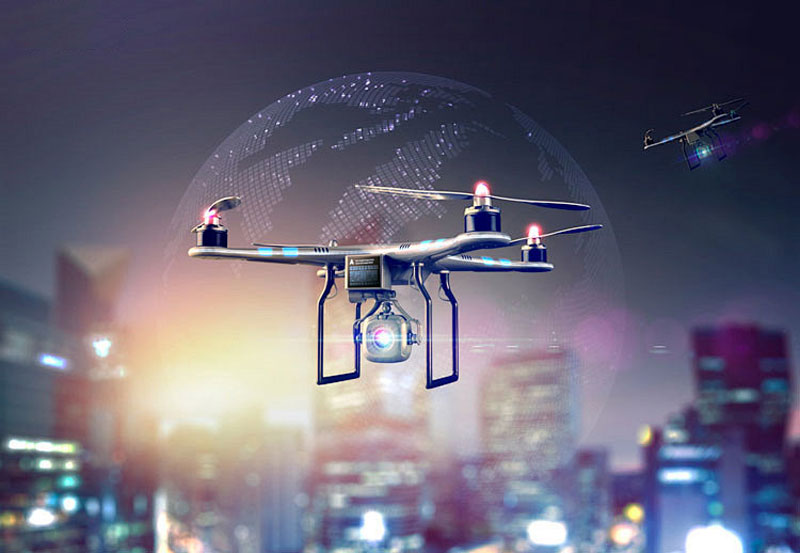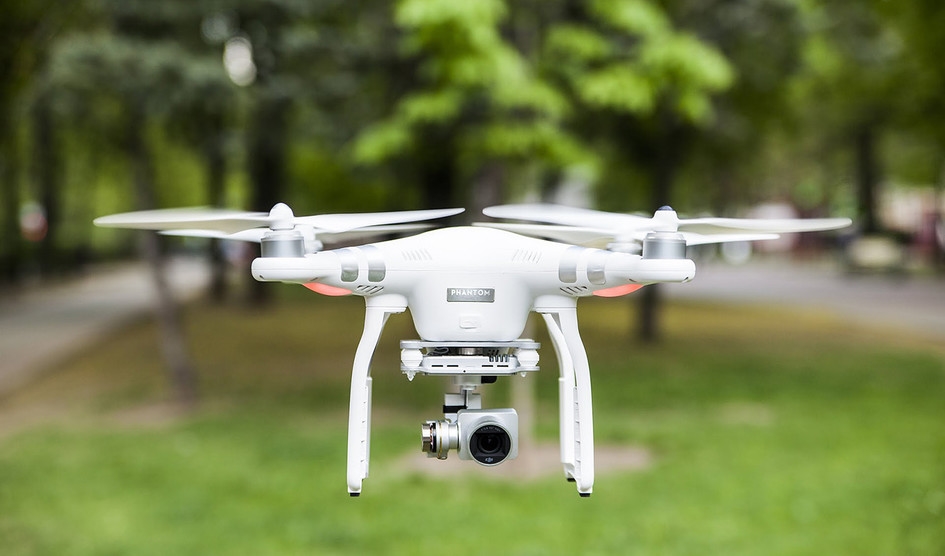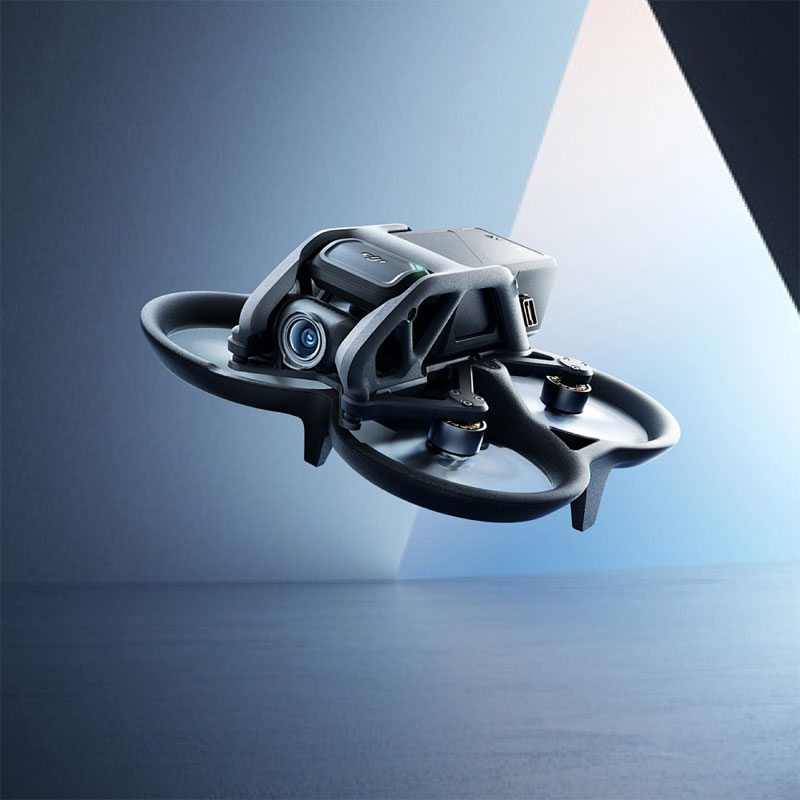Understanding the FAA UAS drone registration is essential for all drone enthusiasts and professionals. Navigating this process can be straightforward, provided you are familiar with the requirements set by the Federal Aviation Administration (FAA). The FAA mandates that all drones weighing more than 0.55 pounds and less than 55 pounds must be registered. This ensures that your drone is legal to fly and can help identify you as the operator in case of an incident.
is essential for all drone enthusiasts and professionals. Navigating this process can be straightforward, provided you are familiar with the requirements set by the Federal Aviation Administration (FAA). The FAA mandates that all drones weighing more than 0.55 pounds and less than 55 pounds must be registered. This ensures that your drone is legal to fly and can help identify you as the operator in case of an incident.
Why Register Your Drone?
Registering your drone is crucial because it not only complies with federal laws but also promotes safety in the airspaces. The FAA uses registration data to communicate crucial information to operators and manage airspace efficiently. Furthermore, in the event of a drone accident, having your drone registered makes it easier for authorities to trace ownership and responsibility.
The Registration Process
The drone registration process involves a few simple steps. First, visit the official FAA drone registration website where you will find all necessary guidelines to proceed. You must provide personal details such as your name, physical and mailing address, and email. Following that, you will need to list details about your drone including the manufacturer and model number. Each registration costs a small fee, however, this is a minimal investment considering the advantages of being compliant.
Post-Registration Requirements
Once registered, display your registration number visibly on your drone. This is a vital step as it helps identify your drone during inspections. Additionally, drone operators should always carry proof of registration when flying their drone. This is essential not only for compliance but also to address any concerns from law enforcement or FAA personnel swiftly.
Safety Measures and Compliance
It’s important to understand that after registering, you must comply with drone operating rules. These include not flying near airports, avoiding restricted airspace, and keeping your drone within line of sight. Complying with these rules ensures the safety of both your drone and the airspace at large.
Common Challenges
Some individuals might find difficulties in understanding the classifications and technical distinctions between different types of drones. Knowing whether your drone falls under recreational or commercial use can affect the registration process. Therefore, thorough research into the specific requirements for each category is advisable.
Exceptions to Registration
For drones used explicitly for model aircraft shows or competitions, different rules might apply. In such cases, always check with the event organizers and local authorities to ensure compliance.
Did you know? Not all drones require FAA registration. Drones weighing less than 0.55 pounds are exempt unless used for commercial purposes.
Frequently Asked Questions
- What happens if I don’t register my drone?
- If your drone is over the specified weight and is not registered, you could face fines and penalties, as operating an unregistered drone in regulated airspace is illegal.
- Can I register multiple drones?
- Yes, the FAA allows operators to register multiple drones under a single account, making it easier to manage your fleet.
- How long is my drone registration valid?
- Registration is valid for three years, after which you must renew to continue flying legally.


